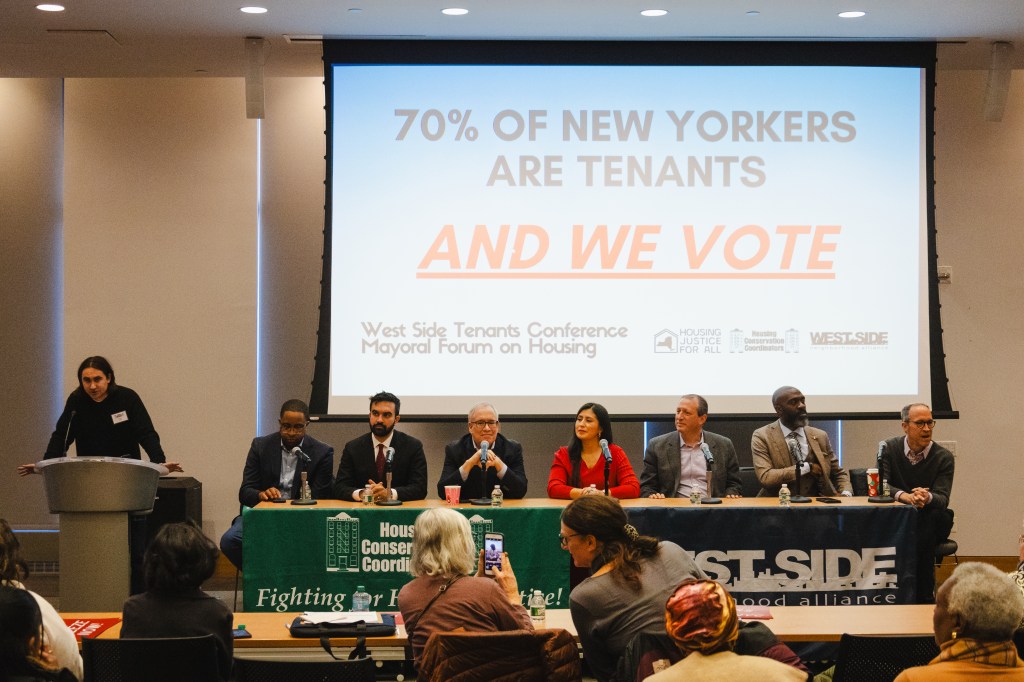Q. Because my wife was abusing me, the U.S. Citizenship and Immigration Services (USCIS) granted me permanent residence as a self-petitioning abused spouse under the Violence Against Women Act (VAWA). That was in July 2006. Is divorcing now wise? If I divorce, when can I become a U.S. citizen? My wife is a U.S. citizen by birth.
- C.C., Brooklyn
A. Divorcing your wife will not influence your permanent residence status nor your right to naturalize. An abused spouse (VAWA benefits are available to both men and women) is free to divorce after having filed a self-petition. In fact, as I wrote recently, an abused spouse can self-petition AFTER divorcing his or her spouse so long as he or she self-petitions within two years of the divorce.
As for citizenship, since your wife is a U.S. citizen, you can naturalize with three years’ permanent residence. You may apply two years and nine months after the USCIS granted you immigrant status.
VAWA beneficiaries who were married to U.S. citizens can naturalize under the special rules for the spouse of a U.S. citizen without proving that they were married to and living with their citizen spouses for three years.
Persistence pays for benefit adds
Q. How can I get my wife on my job benefit plans while she is waiting to get her Social Security number? I am a U.S. citizen. I petitioned for my wife and she applied to adjust status and for employment authorization. Once she gets her USCIS work card, she’ll apply for her Social Security card. Meanwhile, I want her to get her spousal health insurance, optical and dental coverage available through my job. The plan administrators are asking for her Social Security number.
-Name Withheld, Brooklyn
A. If you are persistent, you have a chance of getting your wife added to your benefit plans. Plan administrators typically ask for a Social Security number. However, insurance carriers often create a temporary number for a spouse or child who does not have a number. Perhaps if you show the plan administrator your wife’s filing receipt for her adjustment of status application, that will help. My guess is that nothing in your company benefit rules require that your wife submit a Social Security number. After all, she’s not working for the company.
Age differences can cause difficulties
Q. If a 78-year-old U.S. citizen marries a 35-year-old woman, will immigration accept the marriage? What is the procedure for bringing the wife to the U.S.?
- Cesar Figueroa, Flushing
A. It’s not uncommon in our culture for a man to marry a younger woman. Still, it may make the USCIS or a U.S. consular officer abroad question whether the marriage is bona fide or “real.” Providing proof of the citizen’s travel abroad and phone or e-mail records will help.
The U.S. citizen may also want to submit letters and photos of the couple together.
If the couple isn’t married already, the citizen can bring the fianc/e here by filing USCIS form I-129F, Petition for Alien Fianc/(e).
Then, once the non-citizen gets here, the couple can marry and the spouse can apply for permanent residence.
If the couple is already married or want to marry abroad, the citizen starts the case by filing USCIS form I-130, Petition for Alien Relative.
Then, the woman can either wait to get her immigrant visa or the U.S. citizen can file USCIS form I-129F and bring the wife here on a K-3 nonimmigrant visa.
Though the form is called “Petition for Alien Fianc/(e),” it is used for a spouse as well, if the petitioning U.S.
Allan Wernick is a lawyer and chair of the City University of New York Citizenship and Immigration Project. He is the author of “U.S. Immigration and Citizenship - Your Complete Guide, Revised 4th Edition “Send questions and comments to Allan Wernick, Daily News, 450 West 33rd Street, New York, N.Y. 10001. Professor Wernick’s web site is www.allanwernick.com.
Allan Wernick’s Immigration column is reprinted from the Tuesday, July 2 editions of the New York Daily News.































